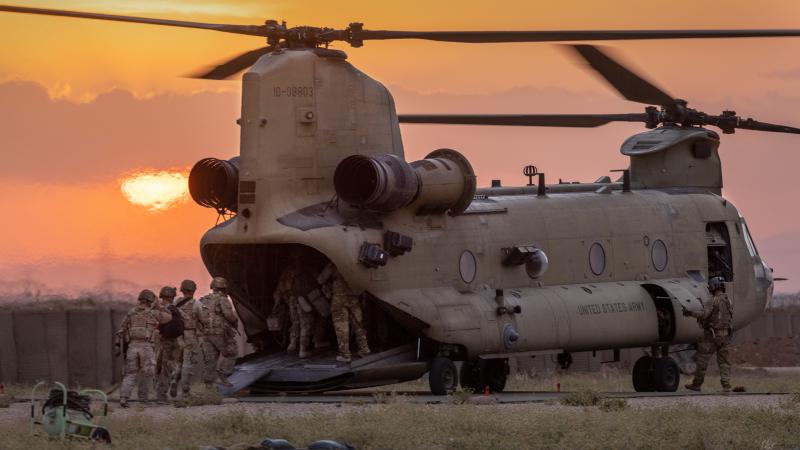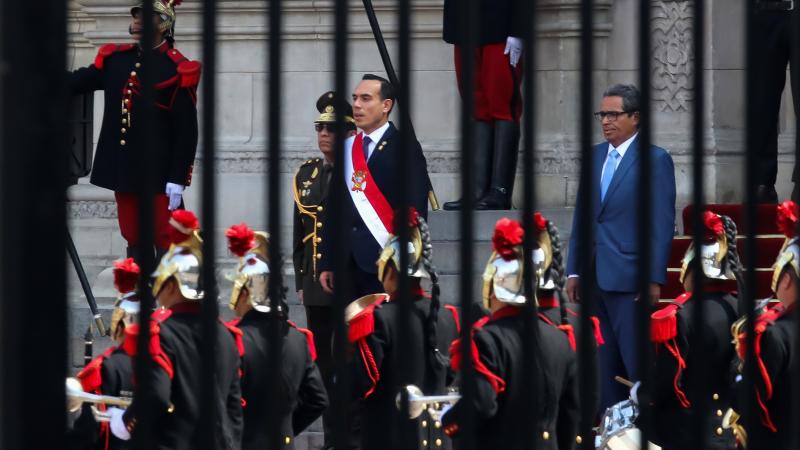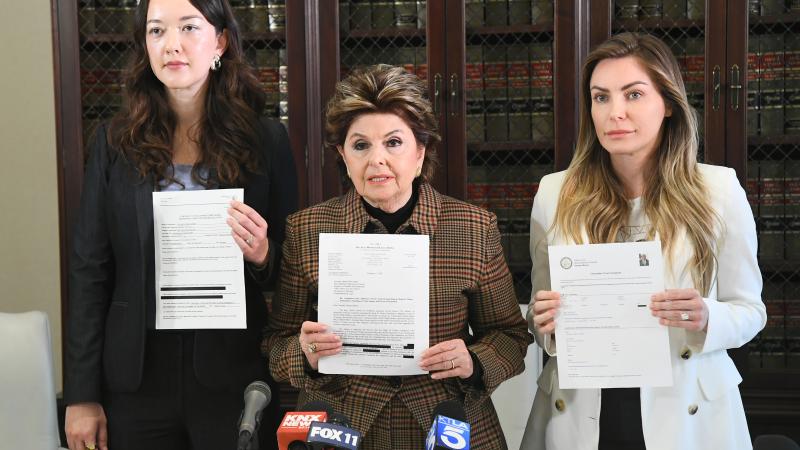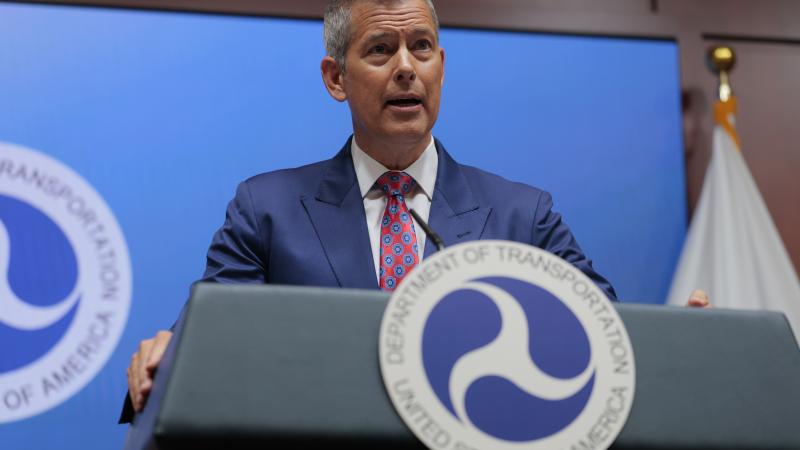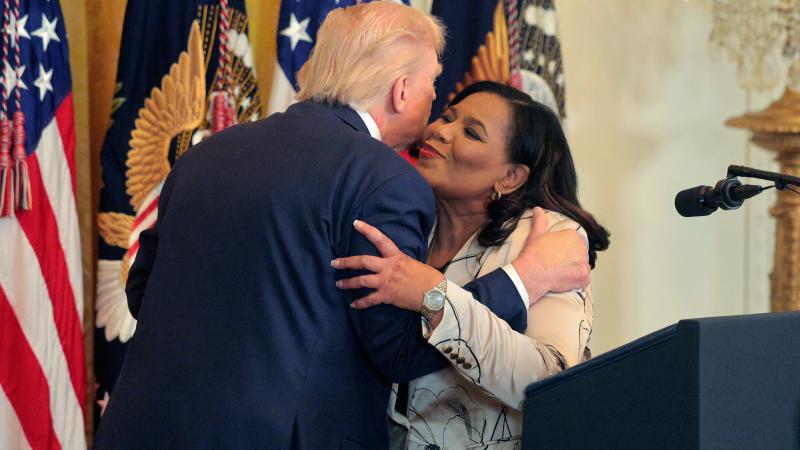Afghanistan chaos will be repeated elsewhere if US doesn't learn from mistakes, watchdog says
Afghanistan shares blame, fielding a corrupt government whose officials "often focused on personal gain at the country's expense," concluded Special Inspector General for Afghanistan Reconstruction.
The United States is poised to duplicate in future wars the missteps that led to chaos in Afghanistan, according to the investigator who is charged with delving into what happened with the U.S. mission to Afghanistan.
The findings emerged last week in an interim report from the Special Inspector General for Afghanistan Reconstruction (SIGAR), an independent oversight agency for the U.S. government.
"Unless the U.S. government understands and accounts for what went wrong, why it went wrong, and how it went wrong in Afghanistan, it will likely repeat the same mistakes in the next conflict," the report concluded.
Spearheaded by John Sopko, the Special Inspector General for Afghanistan Reconstruction has since 2008 examined the U.S. effort to help rebuild the war-torn Afghanistan. The group's most recent interim report addresses the collapse of the Afghan National Defense and Security Forces, which quickly fell to the Taliban after the U.S. withdrew its forces last year.
Sopko and his team cast blame on the Trump and Biden administrations for setting the stage for disaster.
"SIGAR found that the single most important factor in the ANDSF's collapse in August 2021 was the U.S. decision to withdraw military forces and contractors from Afghanistan through signing the U.S.-Taliban agreement in February 2020 under the Trump administration, followed by President Biden's withdrawal announcement in April 2021," the group wrote.
"Due to the ANDSF’s dependency on U.S. military forces, these events destroyed ANDSF morale. The ANDSF had long relied on the U.S. military's presence to protect against large-scale ANDSF losses, and Afghan troops saw the United States as a means of holding their government accountable for paying their salaries. The U.S.-Taliban agreement made it clear that this was no longer the case, resulting in a sense of abandonment within the ANDSF and the Afghan population."
The situation spiraled from there, the group noted.
"The agreement set in motion a series of events crucial to understanding the ANDSF's collapse," SIGAR wrote.
The findings coincide with reports that Taliban leaders have imposed strict edicts regarding women's clothing and have banned girls from attending secondary school.
The U.S. State Department views the edicts as "very disturbing, very concerning," spokesman Ned Price said. He bristled at the suggestion that the U.S. enabled the Taliban to wield the power to impose such laws.
"I would absolutely reject the premise of the question that the United States allowed the Taliban to take the capital," Price said last week while meeting with journalists. He defended "the assessment of this president that the presence of some 2,500 troops who would once again be involved in a civil war, who would be targeted, who would have a target on their back not only by the Taliban but also by elements like ISIS-K, a 2,500-strong contingent that would not in the end ... have been able to prevent the Taliban or any larger force from coming to power."
The decision to withdraw from Afghanistan was correct, Price said.
"We are confident in that decision," he said. "We know what's in our national interest."
It did not work well for Afghanistan, according to Sopko's team.
"The U.S. approach to reconstructing the ANDSF lacked the political will to dedicate the time and resources necessary to reconstruct an entire security sector in a war-torn and impoverished country," SIGAR wrote.
Afghanistan shares the blame, fielding a corrupt government whose officials "often focused on personal gain at the country’s expense," SIGAR noted. The lack of accountability led to "a culture of impunity."
The SIGAR group plans to release its final report this fall.

